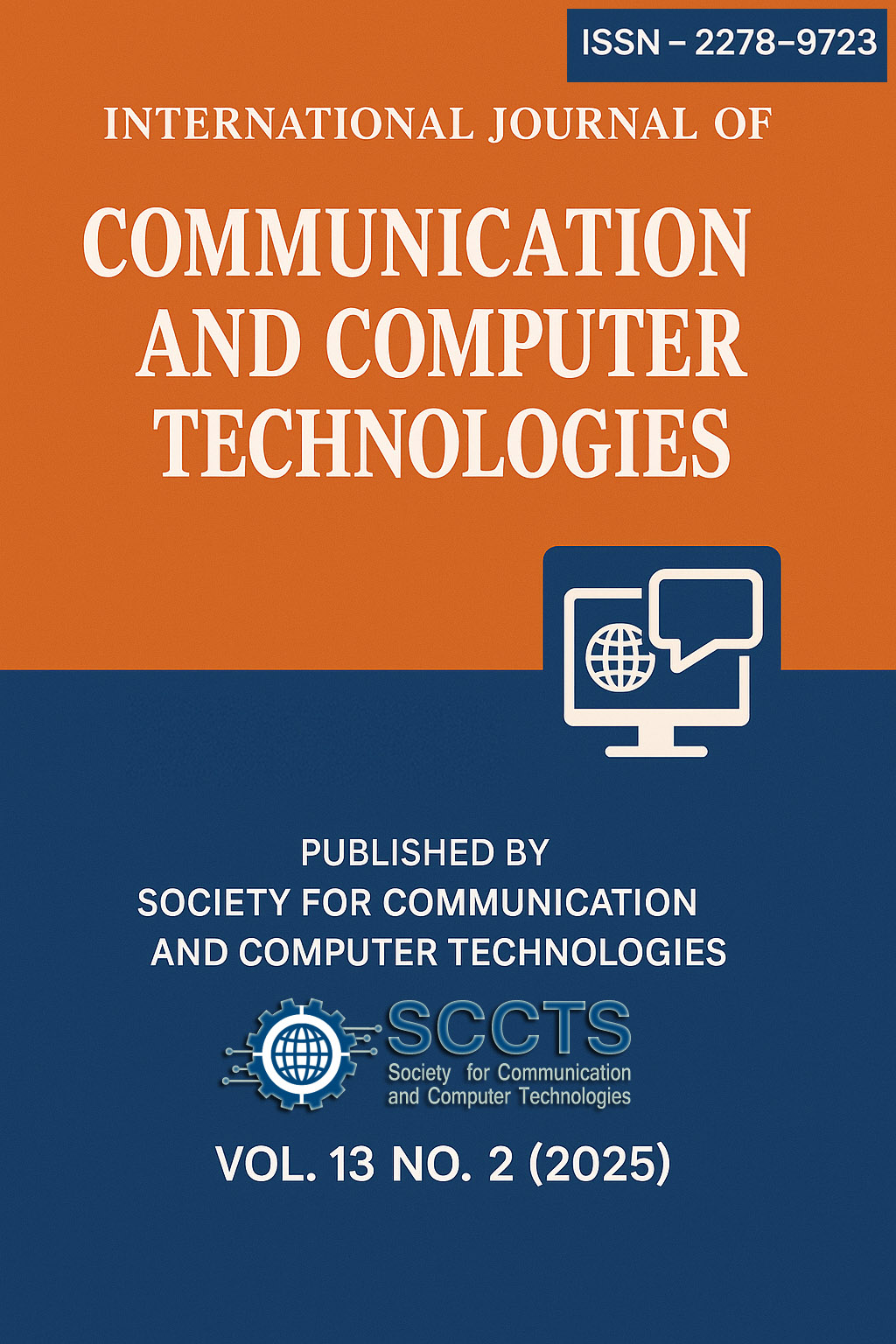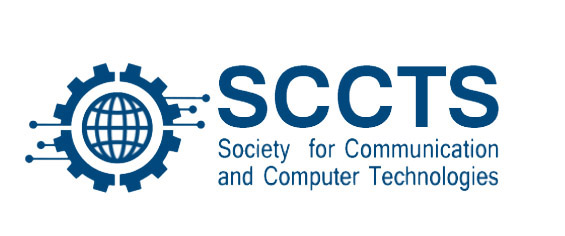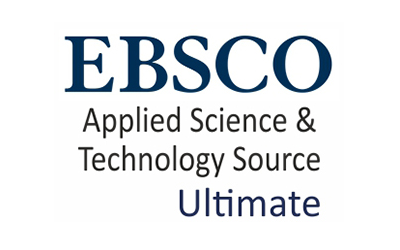Policy for plagiarism
Policy for Plagiarism
The International Journal of Communication and Computer Technologies (IJCCTS) is committed to upholding the highest standards of academic integrity and ethical publishing practices. Plagiarism, in all its forms, is considered a serious breach of ethics and is strictly prohibited.
Definition of Plagiarism: Plagiarism involves the use of another person's ideas, processes, results, or words without appropriate acknowledgment. It includes, but is not limited to:
- Direct Plagiarism: Copying text word-for-word from another source without proper citation.
- Self-Plagiarism: Reusing significant portions of one’s previously published work without acknowledgment or citation.
- Mosaic Plagiarism: Blending copied material with original text, or inserting phrases from a source without using quotation marks or proper citation.
- Paraphrasing Plagiarism: Rephrasing someone else’s ideas without proper attribution.
Detection of Plagiarism:
- Submission Screening: All submitted manuscripts undergo plagiarism detection using specialized software to identify instances of overlap and similarity with existing literature.
- Reviewer Checks: Reviewers and editors also check for potential plagiarism during the review process, using their knowledge and expertise.
Handling of Plagiarism:
-
Minor Overlap (Less than 10%):
- If minor instances of similarity are detected, authors are informed and requested to revise the manuscript appropriately to ensure proper citation and originality.
-
Moderate Overlap (10%-30%):
- For moderate cases, the manuscript is returned to the authors for significant revision and proper citation of all sources. The revised manuscript must be resubmitted for review.
-
Severe Plagiarism (More than 30%):
- Manuscripts with severe plagiarism will be rejected outright. Authors will be informed of the reason for rejection, and the incident will be documented.
- In cases of severe or repeated offenses, the authors' institutions may be notified, and the authors may be barred from future submissions to IJCCTS.
Consequences of Plagiarism:
- Manuscript Rejection: Plagiarized manuscripts are rejected and not considered for publication.
- Retraction: If plagiarism is identified in a published article, the article will be retracted. A retraction notice will be published, and the article will be removed from the journal’s online database.
- Author Ban: Authors found to have committed plagiarism may be banned from submitting future manuscripts to IJCCTS.
- Notification to Institutions: In cases of severe or repeated plagiarism, the authors’ affiliated institutions may be notified for further action.
Author Responsibilities:
- Originality: Authors must ensure that their work is original and properly cite all sources and references.
- Disclosure: Authors must disclose any previous publications or submissions of the manuscript content.
- Acknowledgment: All contributors and sources must be appropriately acknowledged.
Reviewers and Editors’ Role:
- Vigilance: Reviewers and editors are expected to be vigilant and report any suspected instances of plagiarism.
- Confidentiality: All allegations and investigations of plagiarism are handled confidentially to protect the rights and reputation of all parties involved.
Appeals and Disputes:
- Appeal Process: Authors who believe their manuscript was wrongly accused of plagiarism may submit an appeal to the editorial office. The appeal must include a detailed explanation and supporting evidence. The appeal will be reviewed by the editorial board.
- Resolution: Disputes are resolved based on the evidence and in accordance with the journal’s ethical policies.
By adhering to this plagiarism policy, IJCCTS ensures the integrity and credibility of the research it publishes, maintaining trust within the academic community and beyond.




 The articles in Worldwide Medicine are open access articles licensed under the terms of the
The articles in Worldwide Medicine are open access articles licensed under the terms of the 